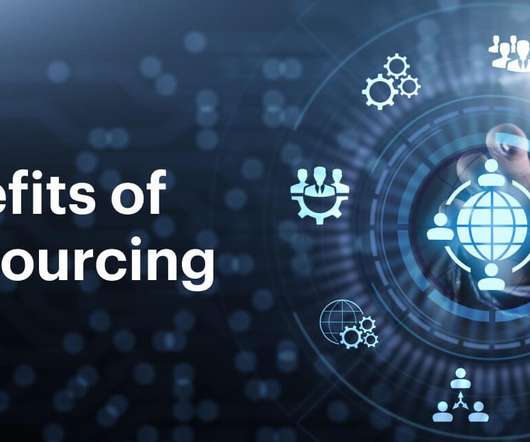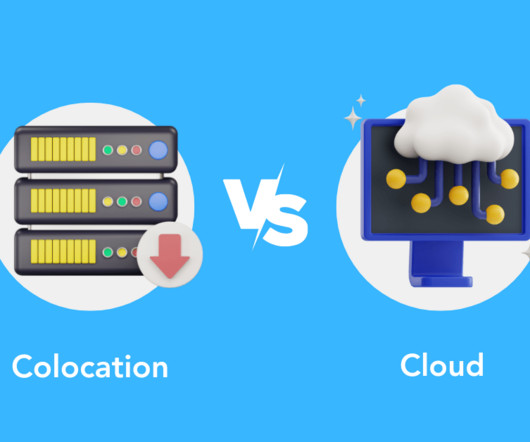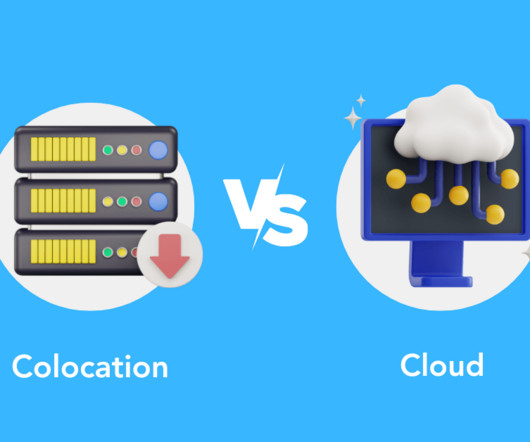Tech Trends for 2024
Infinidat
JANUARY 18, 2024
Data disaster recovery. All have an on-ramp with enterprise storage. Embracing the broader context around IT, enterprise infrastructure, cybersecurity, and enterprise storage ensures that storage is no longer viewed in a silo. Data disasters are game changers for disaster recovery and business continuity.
















Let's personalize your content